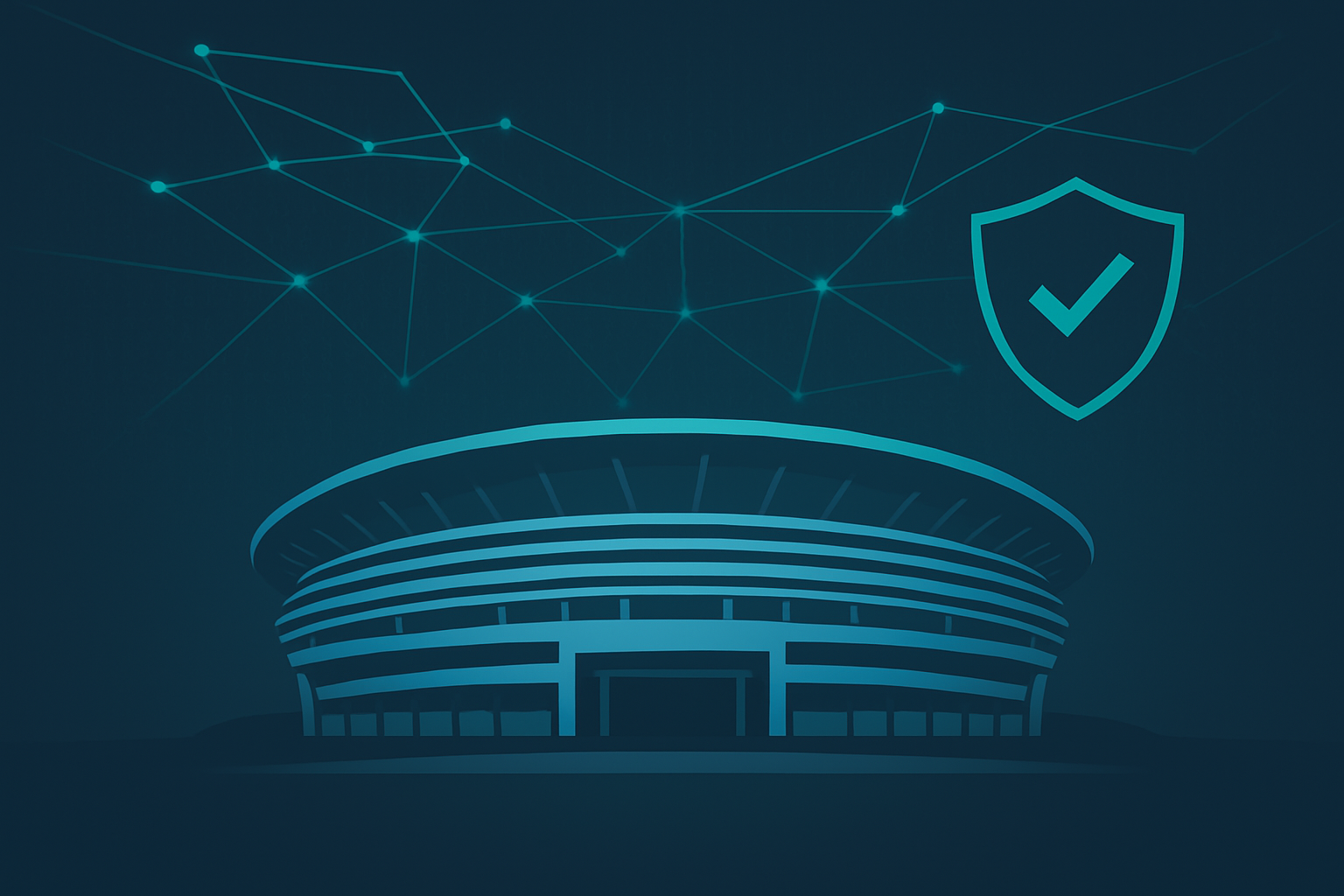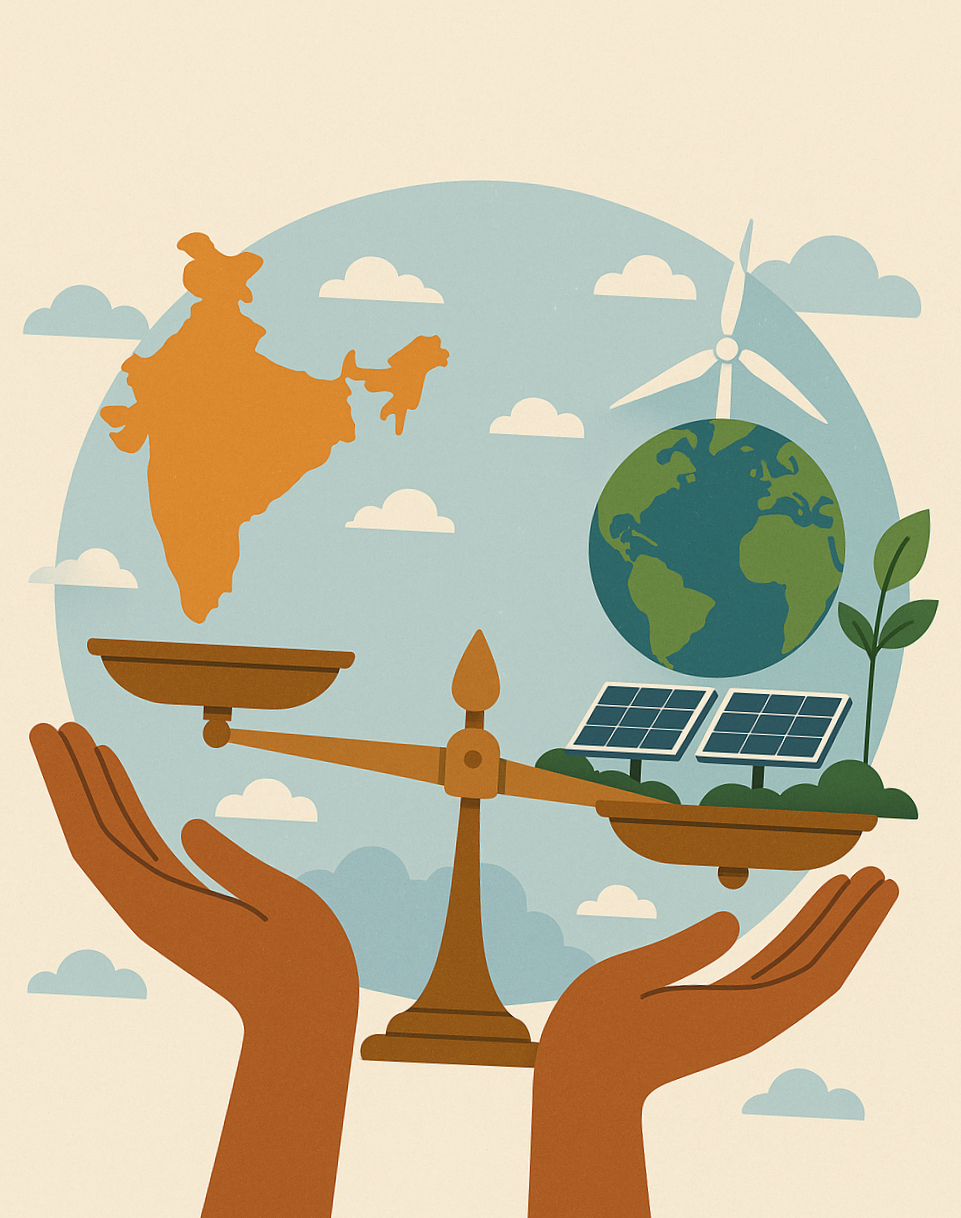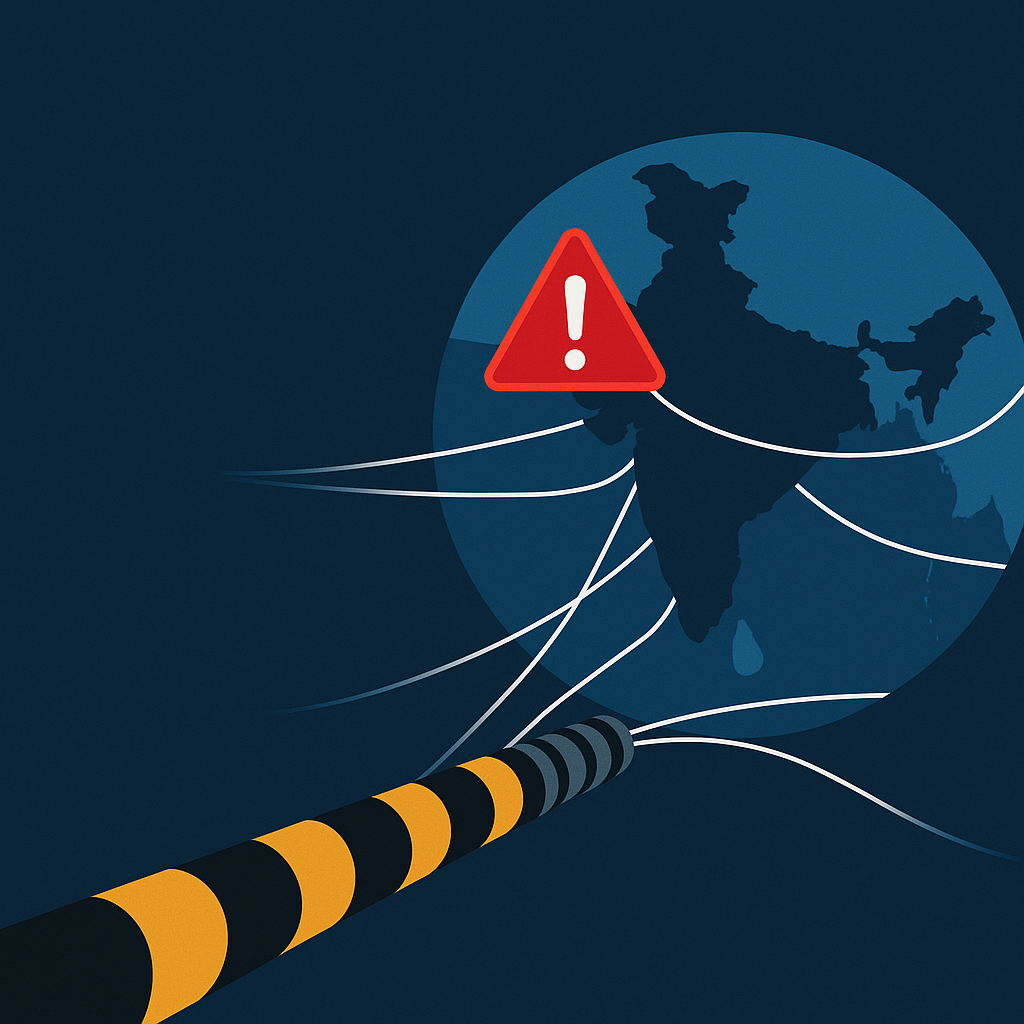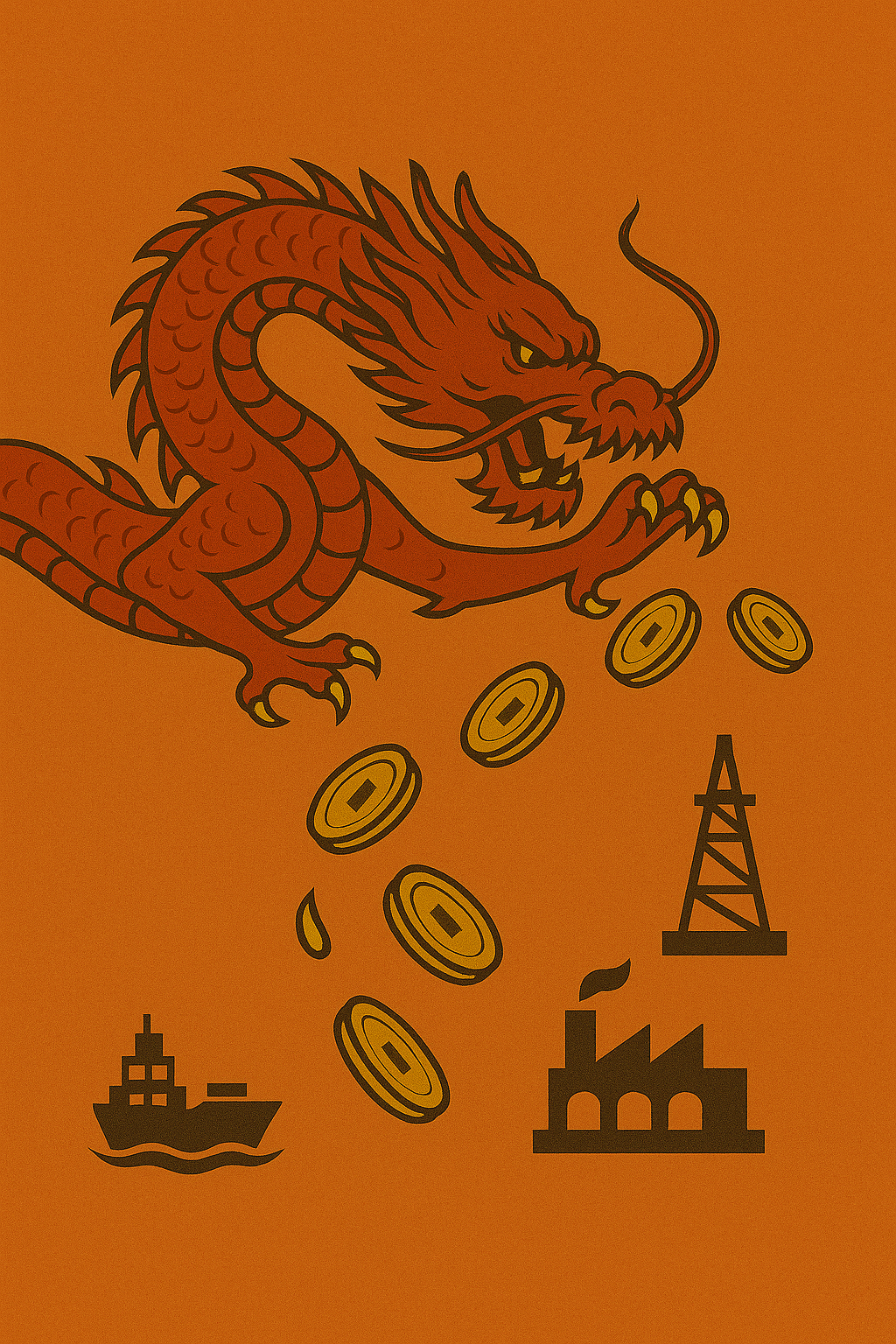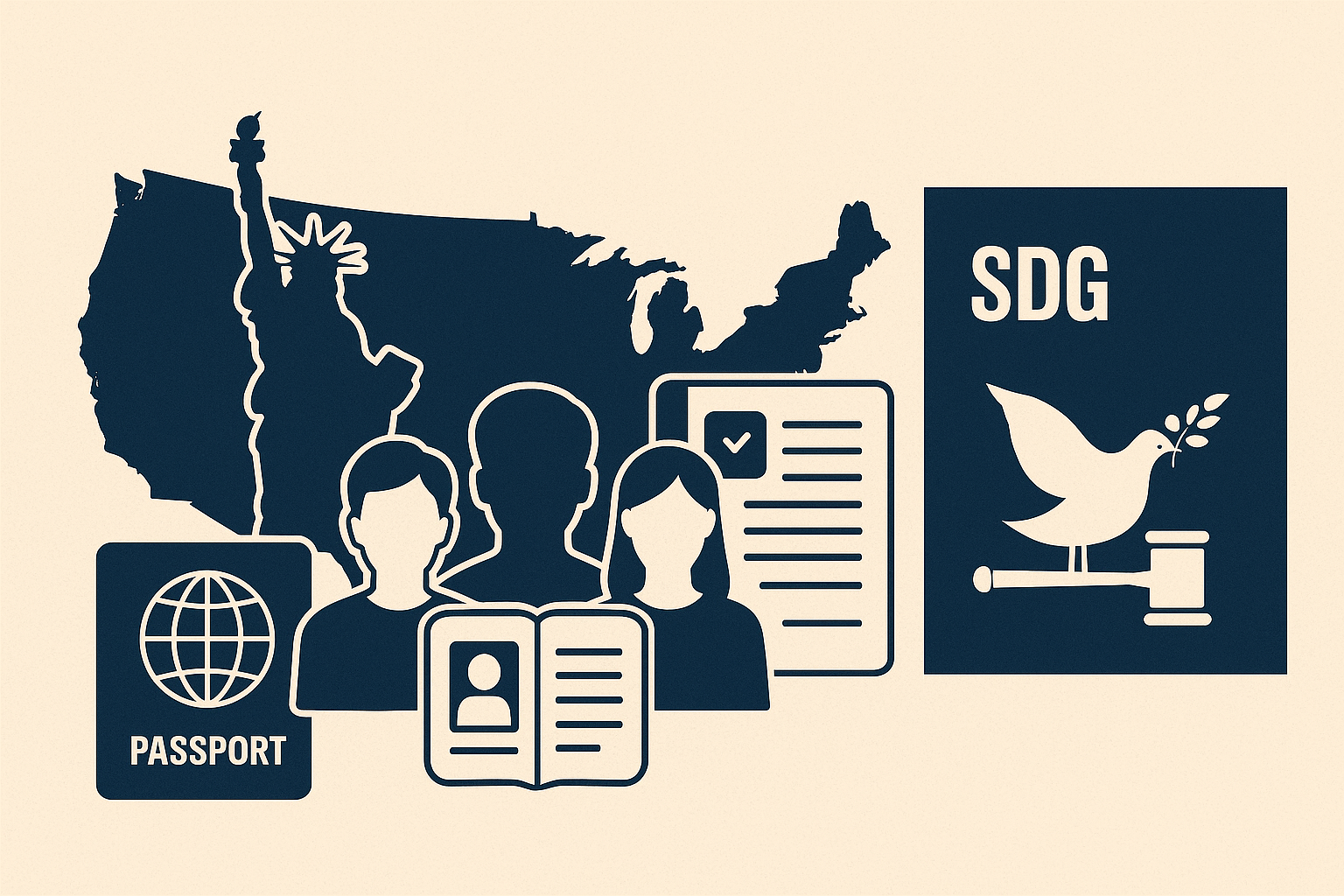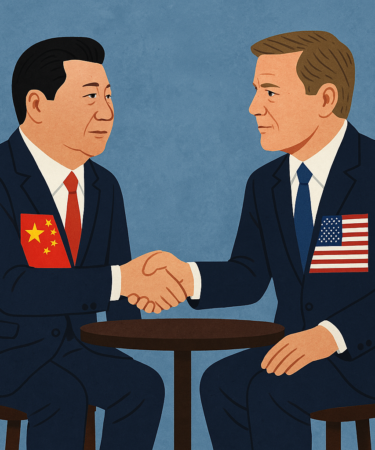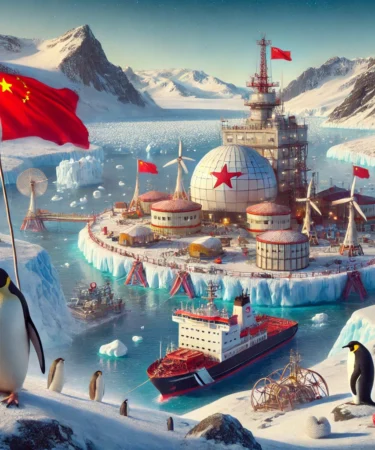On 18 August, Ministry of External Affairs (MEA) spokesperson announced that the Foreign Secretary-level talks between India and Pakistan scheduled for 25 August had been cancelled. This followed some dramatic developments earlier in the day centred around India’s Foreign Secretary, Sujatha Singh, calling the Pakistan High Commissioner, Abdul Basit, and advising him that the Foreign Secretary-level talks will be cancelled if he went ahead with his meeting with the Hurriyat leaders. Eventually, Basit settled for talking to them instead.

The GWOT, Aerial Strikes and Winning Hearts and Minds in West Asia
I read a news headline a couple of days back that India braces up for Pakistan raising the Jammu & Kashmir (J&K) issue at the United Nations (UN). I always wonder why India is sensitive to Pakistan raising the J&K issue at the UN or at any other international fora? Firstly as per the Independence of India Act (1935), further endorsed in the 1947 Act, it was the sovereign of the princely state, who was authorised to choose between India, Pakistan or to remain independent.

Space Cooperation: a New Avenue for India-South Korea Bilateral Engagement
Safety and Security Concerns Regarding Pakistan’s Nuclear Energy Policy

Cancellation of India-Pakistan Foreign Secretary-level Talks
The burning issue under which Nawaz Sharif ran his election campaign last year was Pakistan’s economic debt and its acute energy shortage. The energy crisis gripping the nation has not only resulted in long hours of power shortages and load shedding but has adversely impacted the economy with commercial sectors and industries facing the brunt of the energy crunch.

It is High Time that India Changes its Stance on Jammu & Kashmir
The plight of fishermen traversing the Palk Strait, which marks the maritime border between India and Sri Lanka has been mired in controversy ever since the Independence of both the states. The narrow strip of water way called the Palk Strait separates Tamil Nadu in India from the Mannar district of Sri Lanka. Its width is between 53 and 80 kilometres. This narrow strait has been a cause of confusion and conflict over the use of the waters, particularly for activities such as fishing.

The Role of Nuclear Energy in Pakistan’s Energy Crisis and its Strategic Implications – Part 2 of 2
While the news of al-Qaeda’s South Asian wing has taken India by storm, there was another piece of news, which did not receive so much media attention in the country. On September 2, some of Taliban’s hard-line leaders had said that they might consider aligning with the Islamic State (IS) after considering the legitimacy of its Caliphate.[i]

The Role of Nuclear Energy in Pakistan’s Energy Crisis and its Strategic Implications – Part 1 of 2
Development towards production of Tactical Nuclear Weapons (TNWs) by Pakistan has increased much tension in South Asia. Experts from around the world have been recognizing and highlighting the risks that come along with the introduction of TNWs. The difficulties that the US and the former Soviet Union had in managing these weapons have been well established. When examined in the South Asian context, studies have accepted that these difficulties only worsen and have recommended that Pakistan should do away with these weapons, if stability is to be realized in the region.

The Fishermen Issue: A Roadblock to Indo-Sri Lankan Cooperation
The New Government’s Promise

Who is the al-Qaeda Targeting with its Indian Wing?
The Armed Forces Long-term Integrated Perspective Plan (LTIPP) is a composite document that reflects the vision for the modernisation of the Indian Armed Forces and hence an enhancement of the technologies being used by the institution. The Defence Acquisition Council (DAC) cleared the LTIPP, which lays out the acquisition road map for the armed forces over the next 15 years (2012-2027).

Deconstructing Pakistan’s Doctrine for Tactical Nuclear Weapons
An Unprepared India versus a Belligerent China

